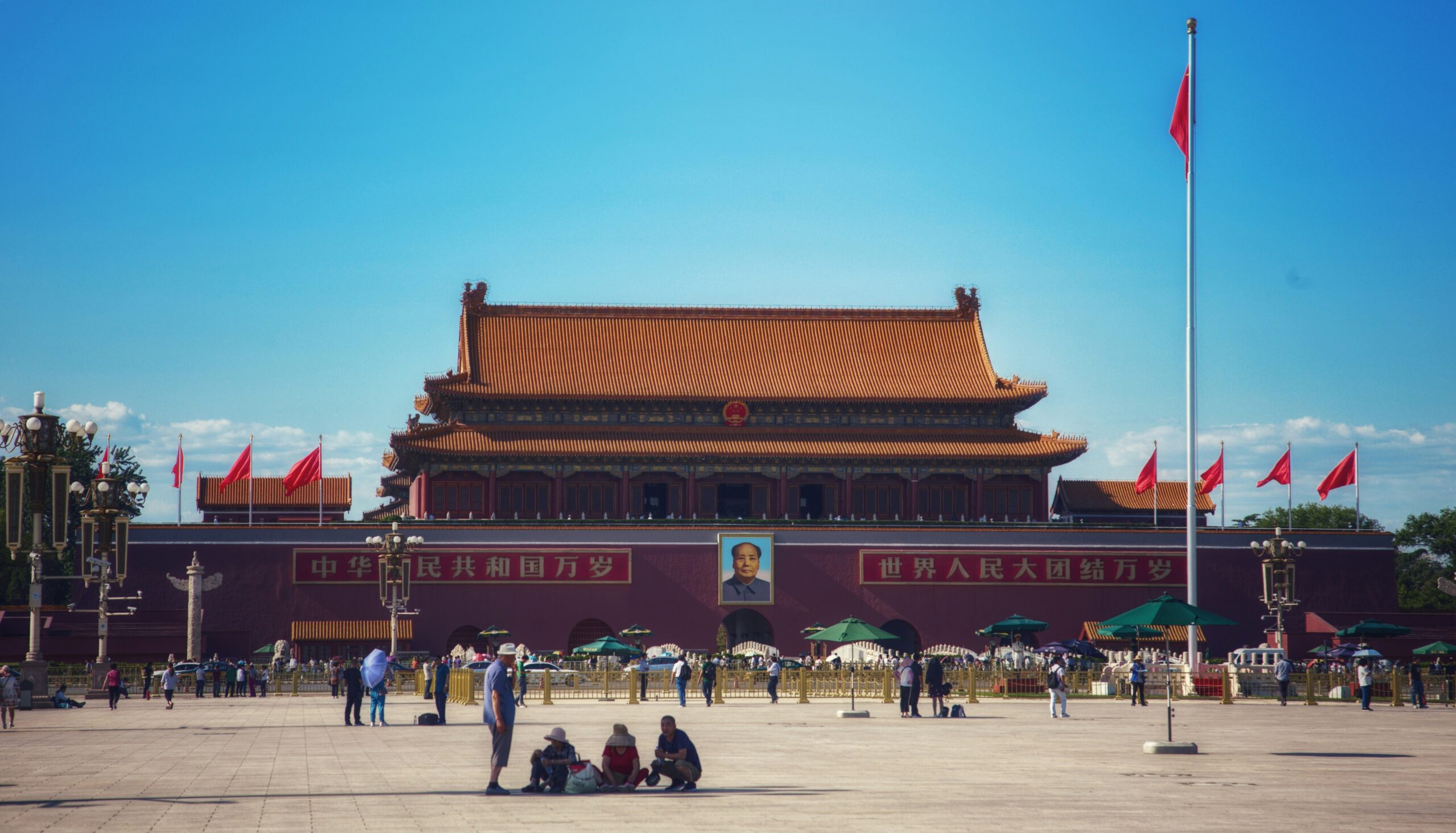At the time of writing, Russian opposition activist Alexei Navalny remains in intensive care in a Berlin hospital.
Navalny, Putin’s biggest political opponent and a man who the Wall Street Journal described in 2013 as “the man Vladimir Putin fears most”, has been a thorn in the side of the Kremlin for some time through both his opposition activism and his anti-corruption investigations. Consequently, he has endured regular police detentions, fines and prosecutions. He was also prevented from running in the 2018 Russian Presidential Election.
In mid-August, Navalny collapsed as he took a flight from Tomsk, in South-Eastern Russia, to Moscow. It is suspected that his tea was poisoned before he boarded. During that flight he became violently ill, was subsequently taken to a Russian hospital before being evacuated by his supporters to Berlin two days later.
This incident stirs memories of previous attacks with alleged Russian involvement such as that perpetrated against former KGB officer Alexander Litvinenko, who died after being poisoned in 2006, and the 2018 attack on Sergei Skripal, a Russian double-agent, and his daughter Yulia, both of whom survived. In the latter incident, a local woman, Dawn Sturgess would die months later when she came in contact with the nerve agent, Novichok, used in the attack after it had apparently been discarded.
The response to the Skripal attack in 2018 was severe with Russian diplomats expelled across Europe and the United States. Germany has been the first to respond to the most recent attack. In a statement released on Wednesday 2nd of September they outlined that the results of toxicological tests carried out on samples from Navalny at a specialist German army laboratory revealed “unequivocal proof of the presence of a chemical nerve agent from the Novichok group” and said they would consult with the European Union and NATO about the results. The EU response followed swiftly after as Commission President, Ursula von der Leyen, tweeted that the attack was “a despicable and cowardly act – once again. Perpetrators need to be brought to justice.” The President of the European Council, Charles Michel, took a slightly stronger line, stating that “Russia must fully investigate and justice must be served.” On the NATO side, Secretary General Jens Stoltenberg condemned the attack and stated that the use of the nerve agent makes it all the more urgent that Russia conducts a full and transparent investigation.
It is almost unbelievable to recall that Putin openly mused ,at the turn of the millennium, as to whether Russia should join NATO. This latest incident, while different in that it occurred on Russian soil, represents yet another unwelcome addition to a list of events which have led to a significant deterioration in Russo-Western relations in recent years and so far includes the Georgian War of 2008, the 2014 Ukrainian Revolution and annexation of Crimea, the 2014 shootdown of Malaysia Airlines Flight 17 over Donetsk with its predominantly Dutch passenger crew, the aforementioned poisonings on foreign soil, accusations of Russian election meddling on both sides of the Atlantic and the ongoing War in Donbass to name just a few flashpoints.

